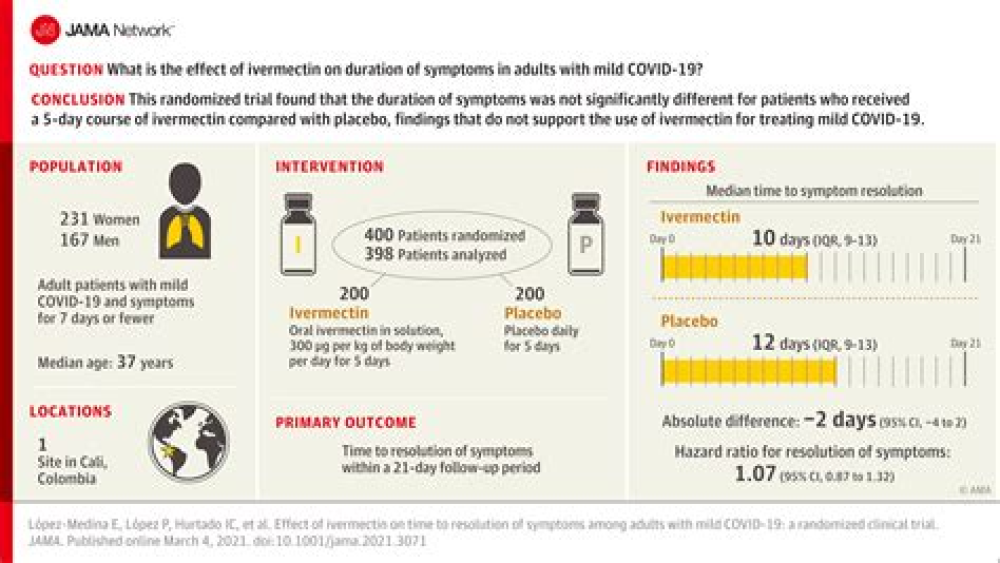Authors: Jessica J Bartoszko, methodologist,1 ,*Reed A C Siemieniuk, methodologist, internist,1 ,*Elena Kum, methodologist,1 ,*Anila Qasim, methodologist,1 ,*Dena Zeraatkar, methodologist,1 ,*Long Ge, methodologist,2 ,*Mi Ah Han, methodologist,3Behnam Sadeghirad, assistant professor,1,4Arnav Agarwal, methodologist, internist,1,5Thomas Agoritsas, methodologist, internist,1,6Derek K Chu, methodologist, immunologist,1,7Rachel Couban, librarian,4Andrea J Darzi, methodologist,1Tahira Devji, methodologist,1Maryam Ghadimi, methodologist,1Kimia Honarmand, methodologist, critical care physician,8Ariel Izcovich, methodologist, internist,9Assem Khamis, data analyst,10Francois Lamontagne, methodologist, critical care physician,11Mark Loeb, methodologist, infectious disease physician,1,7Maura Marcucci, methodologist, internist,1,7Shelley L McLeod, methodologist, assistant professor,12,13Sharhzad Motaghi, methodologist,1Srinivas Murthy, clinical associate professor, paediatric critical care, infectious diseases physician,14Reem A Mustafa, methodologist, nephrologist,15John D Neary, methodologist, internist,7Hector Pardo-Hernandez, methodologist,16,17Gabriel Rada, methodologist,18,19Bram Rochwerg, methodologist, critical care physician,1,7Charlotte Switzer, methodologist,1Britta Tendal, methodologist,20Lehana Thabane, professor,1Per O Vandvik, methodologist, internist,21Robin W M Vernooij, methodologist,22,23Andrés Viteri-García, methodologist,18,24Ying Wang, methodologist, pharmacist,1Liang Yao, methodologist,1Zhikang Ye, methodologist, pharmacist,1Gordon H Guyatt, methodologist, internist,1,7 and Romina Brignardello-Petersen, methodologist1
BMJ. 2021; 373: n949.Published online 2021 Apr 26. doi: 10.1136/bmj.n949
Abstract
Objective
To determine and compare the effects of drug prophylaxis on SARS-CoV-2 infection and covid-19.
Design
Living systematic review and network meta-analysis.
Data sources
World Health Organization covid-19 database, a comprehensive multilingual source of global covid-19 literature to 25 March 2021, and six additional Chinese databases to 20 February 2021.
Study selection
Randomized trials of people at risk of covid-19 who were assigned to receive prophylaxis or no prophylaxis (standard care or placebo). Pairs of reviewers independently screened potentially eligible articles.
Methods
Random effects Bayesian network meta-analysis was performed after duplicate data abstraction. Included studies were assessed for risk of bias using a modification of the Cochrane risk of bias 2.0 tool, and certainty of evidence was assessed using the grading of recommendations assessment, development, and evaluation (GRADE) approach.
Results
The first iteration of this living network meta-analysis includes nine randomised trials—six of hydroxychloroquine (n=6059 participants), one of ivermectin combined with iota-carrageenan (n=234), and two of ivermectin alone (n=540), all compared with standard care or placebo. Two trials (one of ramipril and one of bromhexine hydrochloride) did not meet the sample size requirements for network meta-analysis. Hydroxychloroquine has trivial to no effect on admission to hospital (risk difference 1 fewer per 1000 participants, 95% credible interval 3 fewer to 4 more; high certainty evidence) or mortality (1 fewer per 1000, 2 fewer to 3 more; high certainty). Hydroxychloroquine probably does not reduce the risk of laboratory confirmed SARS-CoV-2 infection (2 more per 1000, 18 fewer to 28 more; moderate certainty), probably increases adverse effects leading to drug discontinuation (19 more per 1000, 1 fewer to 70 more; moderate certainty), and may have trivial to no effect on suspected, probable, or laboratory confirmed SARS-CoV-2 infection (15 fewer per 1000, 64 fewer to 41 more; low certainty). Owing to serious risk of bias and very serious imprecision, and thus very low certainty of evidence, the effects of ivermectin combined with iota-carrageenan on laboratory confirmed covid-19 (52 fewer per 1000, 58 fewer to 37 fewer), ivermectin alone on laboratory confirmed infection (50 fewer per 1000, 59 fewer to 16 fewer) and suspected, probable, or laboratory confirmed infection (159 fewer per 1000, 165 fewer to 144 fewer) remain very uncertain.
Conclusions
Hydroxychloroquine prophylaxis has trivial to no effect on hospital admission and mortality, probably increases adverse effects, and probably does not reduce the risk of SARS-CoV-2 infection. Because of serious risk of bias and very serious imprecision, it is highly uncertain whether ivermectin combined with iota-carrageenan and ivermectin alone reduce the risk of SARS-CoV-2 infection.
For More Information: https://www.ncbi.nlm.nih.gov/pmc/articles/PMC8073806/
